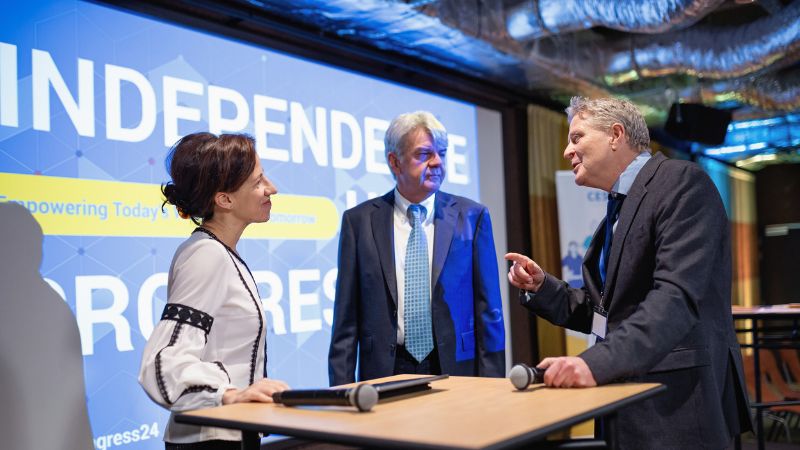EU agency report on the exploitation of migrant workers shows CESI’s work on fair labour mobility is more important than ever




Today, the EU's Vienna-based Fundamental Rights Agency (FRA) published a study report which shows just how widespread the exploitation of migrant workers is in the EU. Analysing the report reveals that CESI is setting right priorities with its work on the promotion of fair labour mobility in the EU.
According to the FRA, its study, entitled ‘Sever labour exploitation: workers moving within or into the European Union’, is the first of its kind to comprehensively explore all criminal forms of labour exploitation in the EU affecting workers moving within or into the EU. The findings show that criminal labour exploitation is (still) extensive in many sectors across the EU Member States and also that perpetrators are often only at little risk of prosecution or of having to compensate victims.
As one key finding, the report underscores the importance of trade unions “to reach out and provide information to workers moving within or into the EU.” Specifically, it reads: “Many respondents [in interviews carried out in the research phase of the study] considered it essential for workers to know about working conditions and their rights before their arrival in their country of destination, or to be given such information on their arrival. In this respect, the important functions performed by trade unions and NGOs that come into contact with workers moving within or into the EU – for example in Austria, Germany, Ireland and the Netherlands – should be acknowledged as a promising development.”
Reading this, CESI feels strongly encouraged to continue its work on the promotion of fair labour mobility which it started already a while ago when it identified the same problem that the new FRA report also highlights. In March this year, CESI facilitated the adoption of an agreement between its member organisation dbb (the German Civil Service Federation) and SATSE (the Spanish nursing union), a member of CESI’s member organisation Eurofedop, which establishes a bilateral framework for the mutual supporting, counseling, and informing of incoming Spanish migrant nurses of their rights in Germany (and vice versa).
CESI Secretary-General Klaus Heeger notes: “We have worked hard to fill the dbb-SATSE agreement with life and I see it as a blueprint for further similar bilateral agreements between trade unions to counter the risk of exploitation of labour migrants in Europe. The FRA is absolutely right in saying that trade unions can do a lot when it comes to supporting policy-makers and public authorities in achieving effective fair labour mobility on the ground.”
The full FRA report can be accessed here.

Image Gallery
EU agency report on the exploitation of migrant workers shows CESI’s work on fair labour mobility is more important than ever
Related videos
Similar Posts


Urgent call by European civil society to the European leaders and the leadership of the EU
As a proud member of the European Movement International (EMI), CESI fully supports the urgent call to defend democracy, uphold fundamental rights and the rule of law, and strengthen the EU’s capacity to act in the face of geopolitical challenges.
Get in touch
with us
Confédération Européenne des Syndicats Indépendants (CESI)
Contact form
Stay up to date
Don’t miss a thing and subscribe to our newsletter
Subscribe now and receive newsletters and much more!


